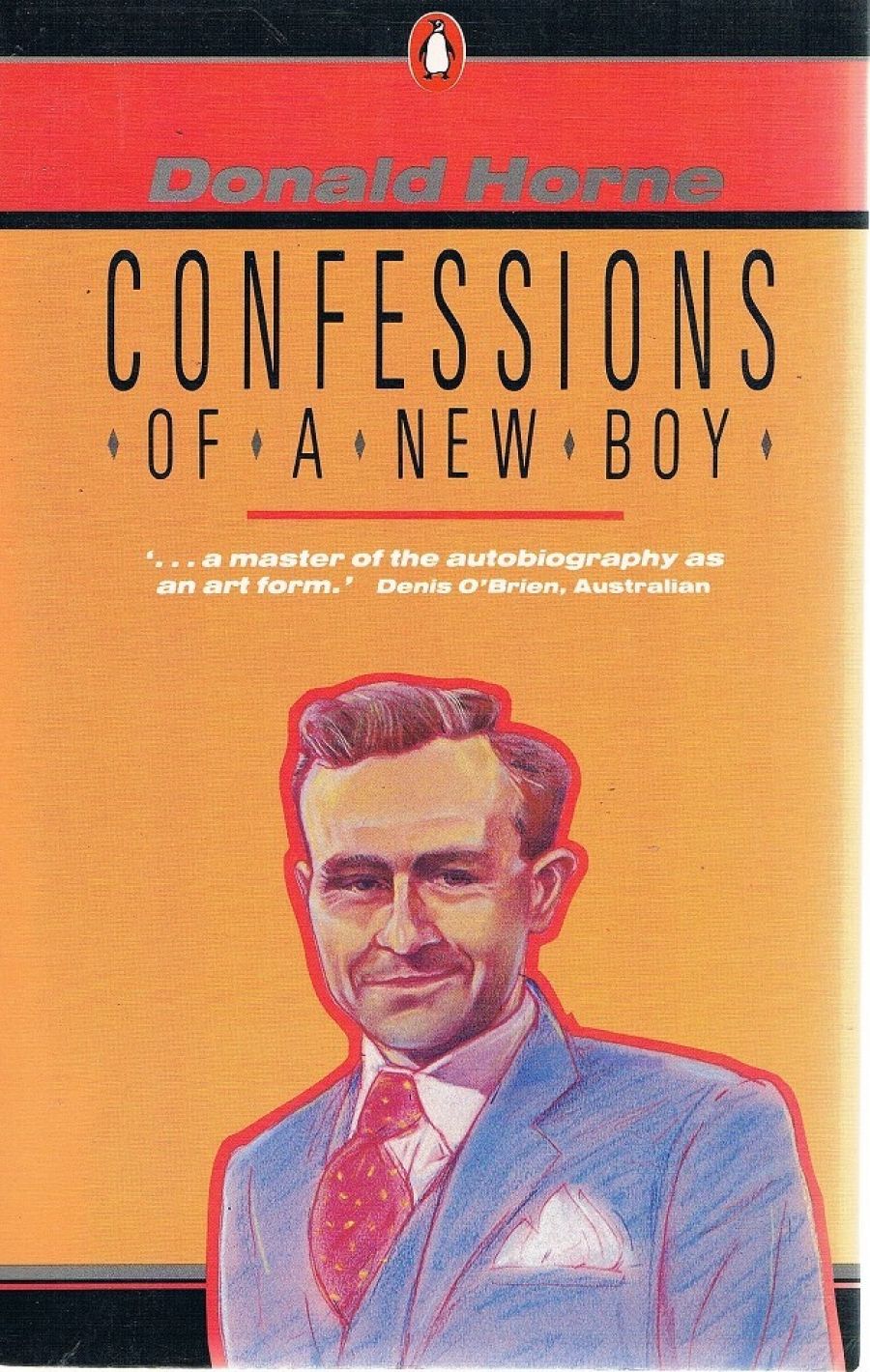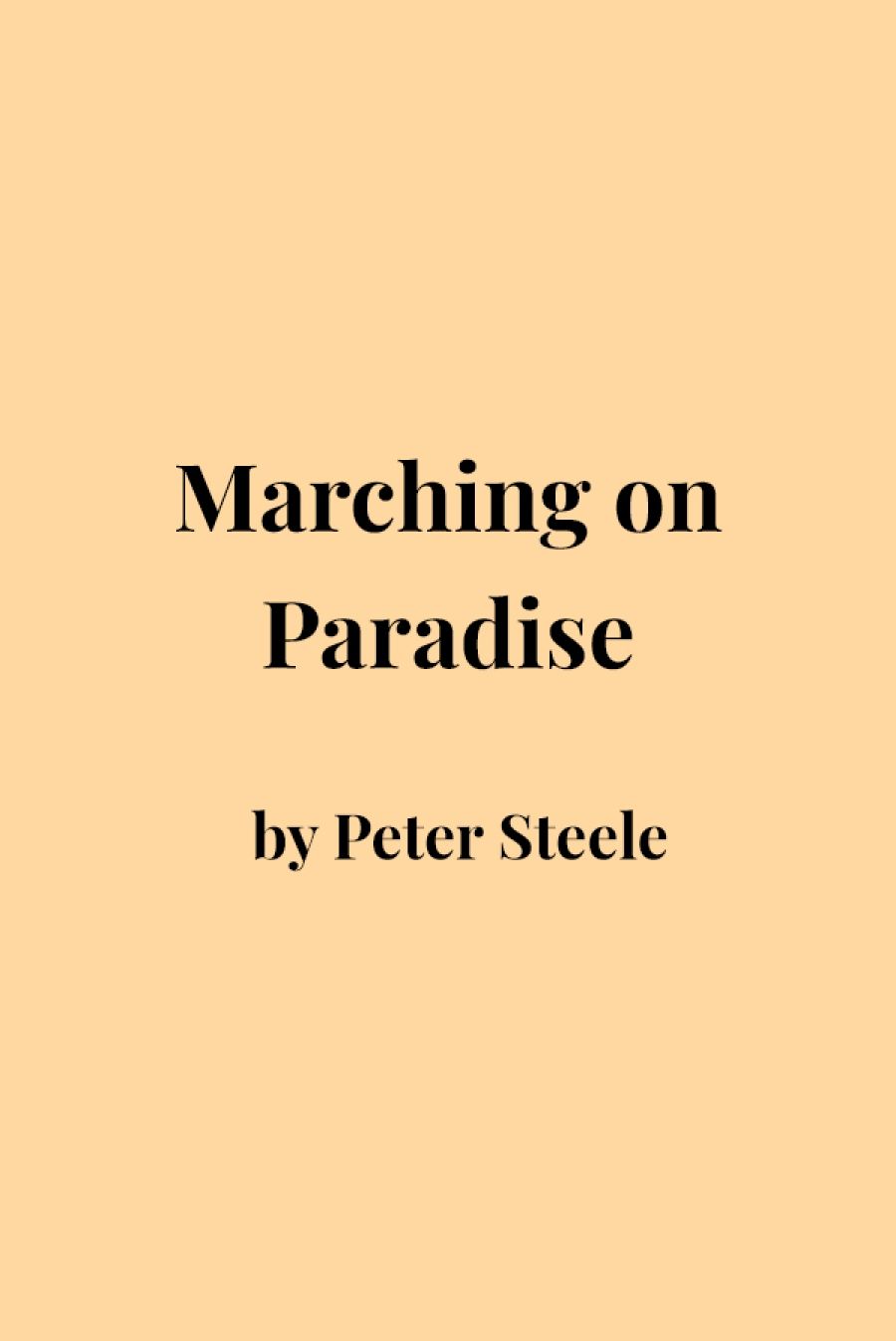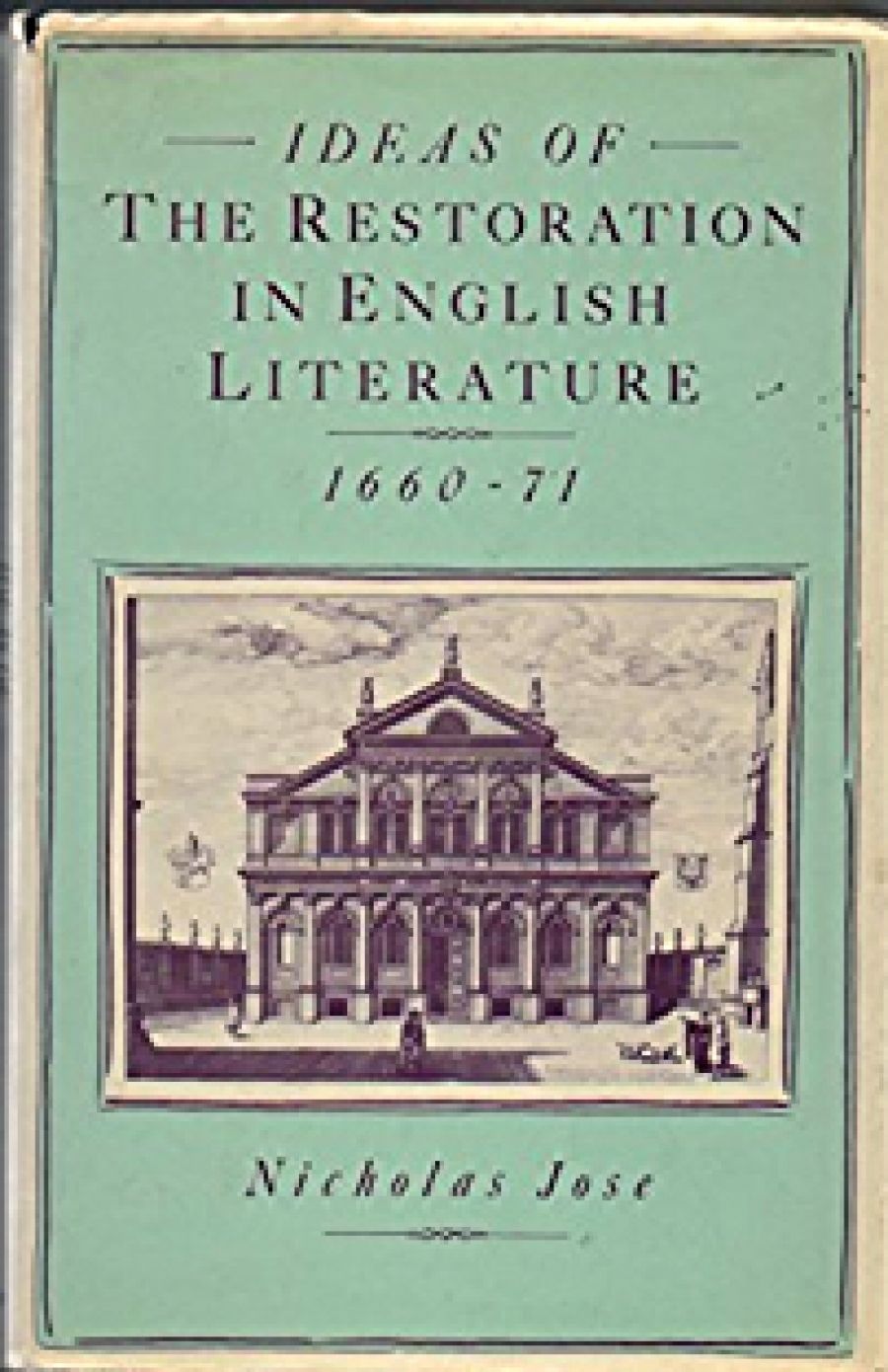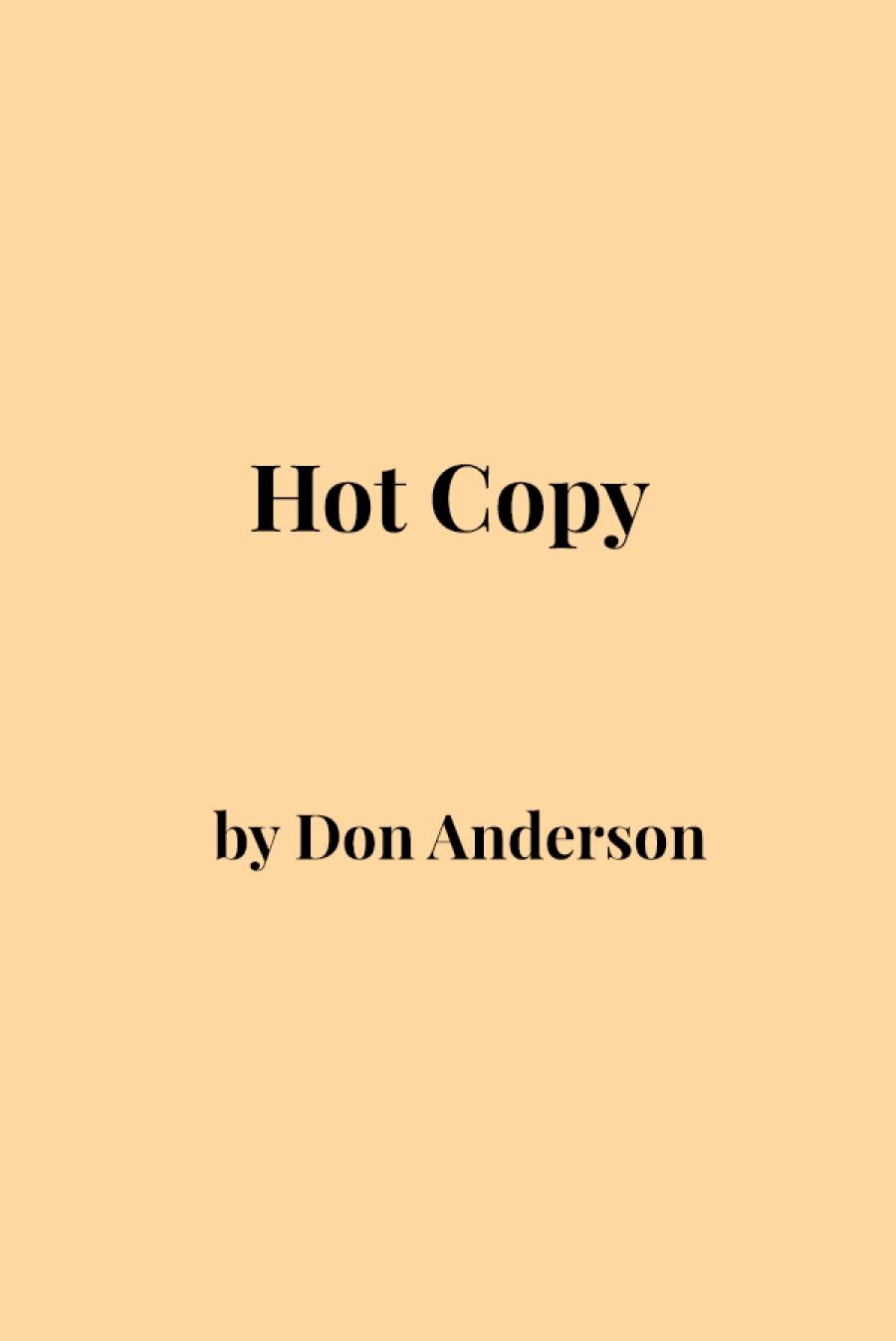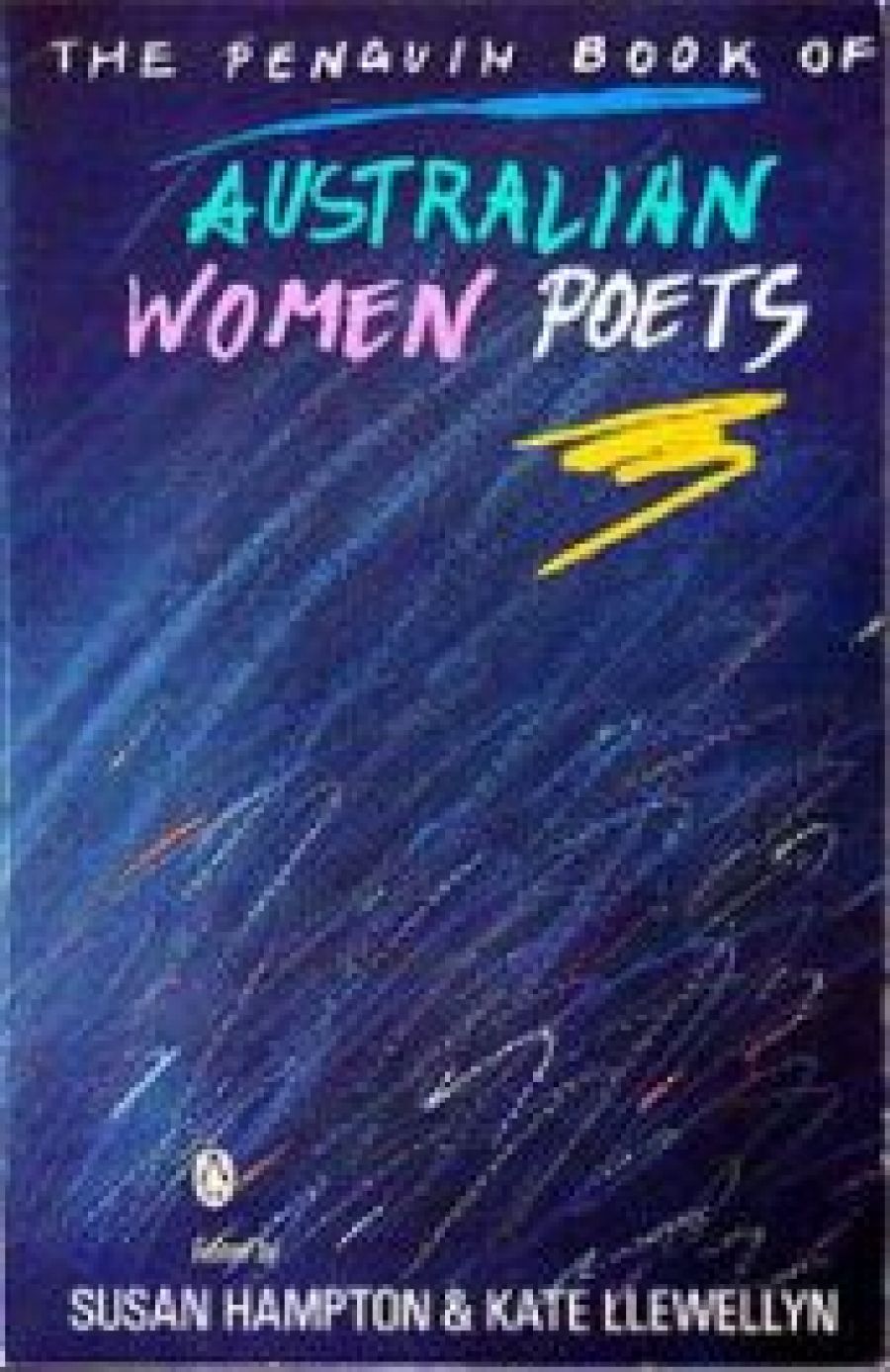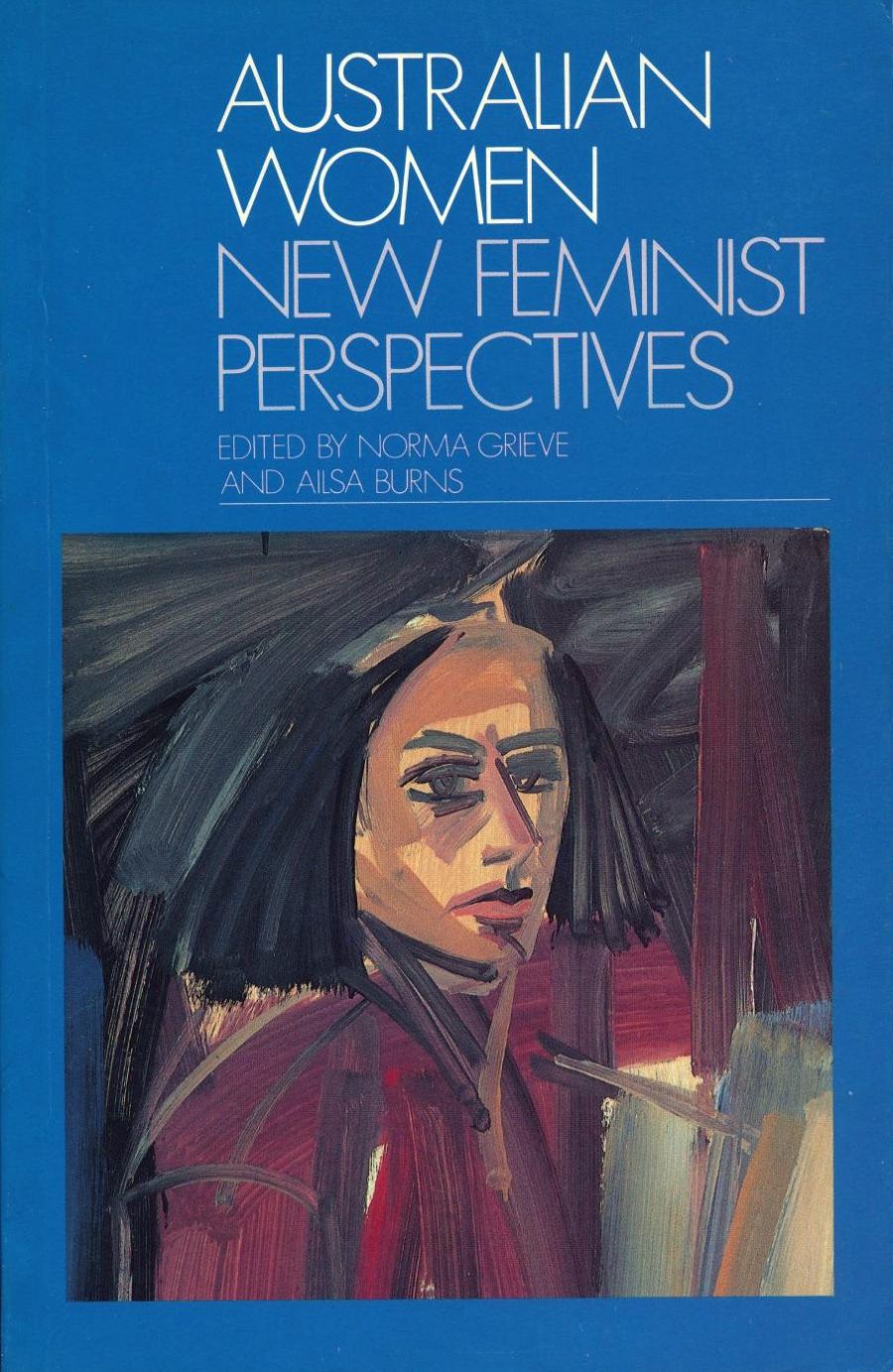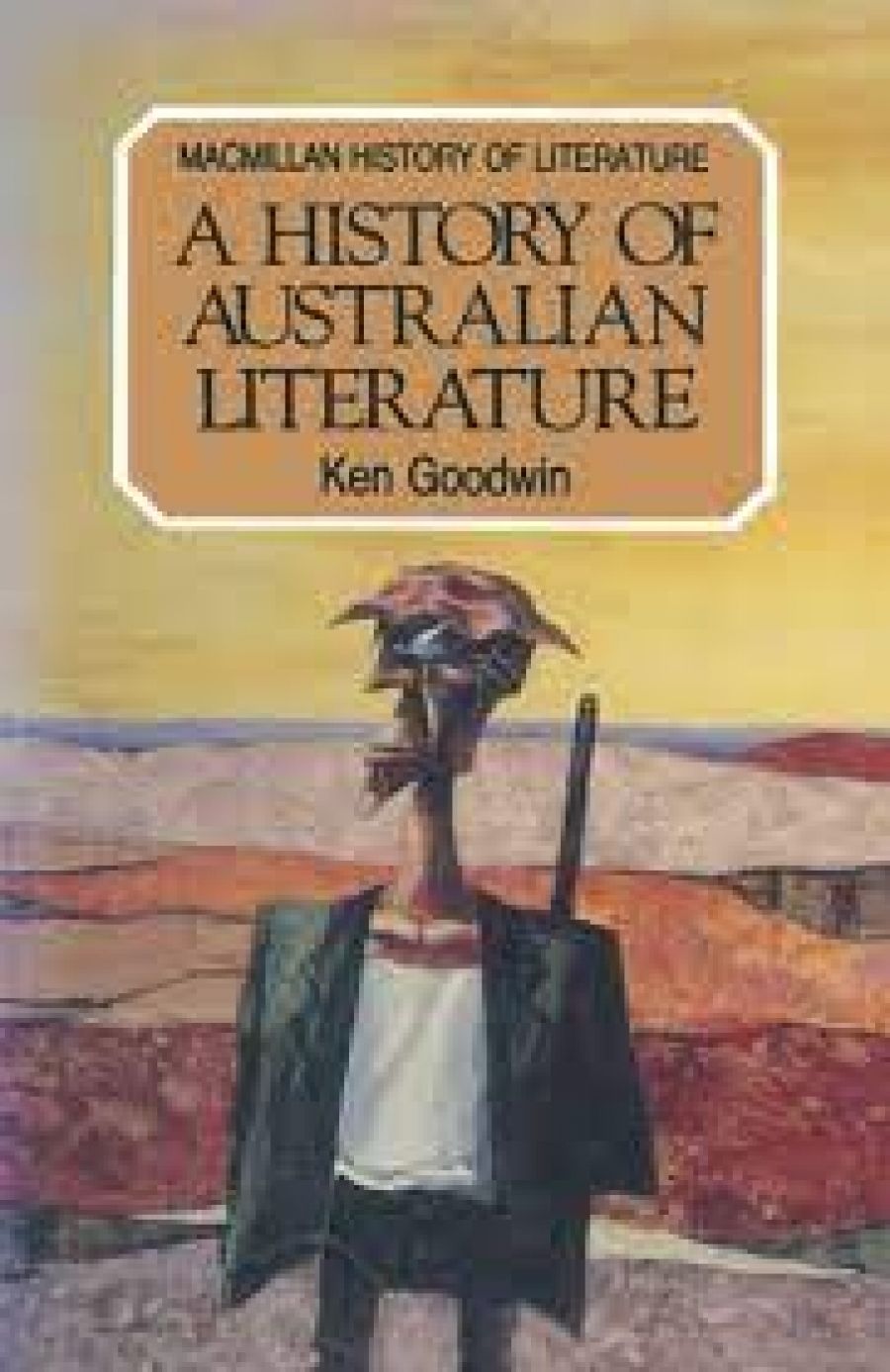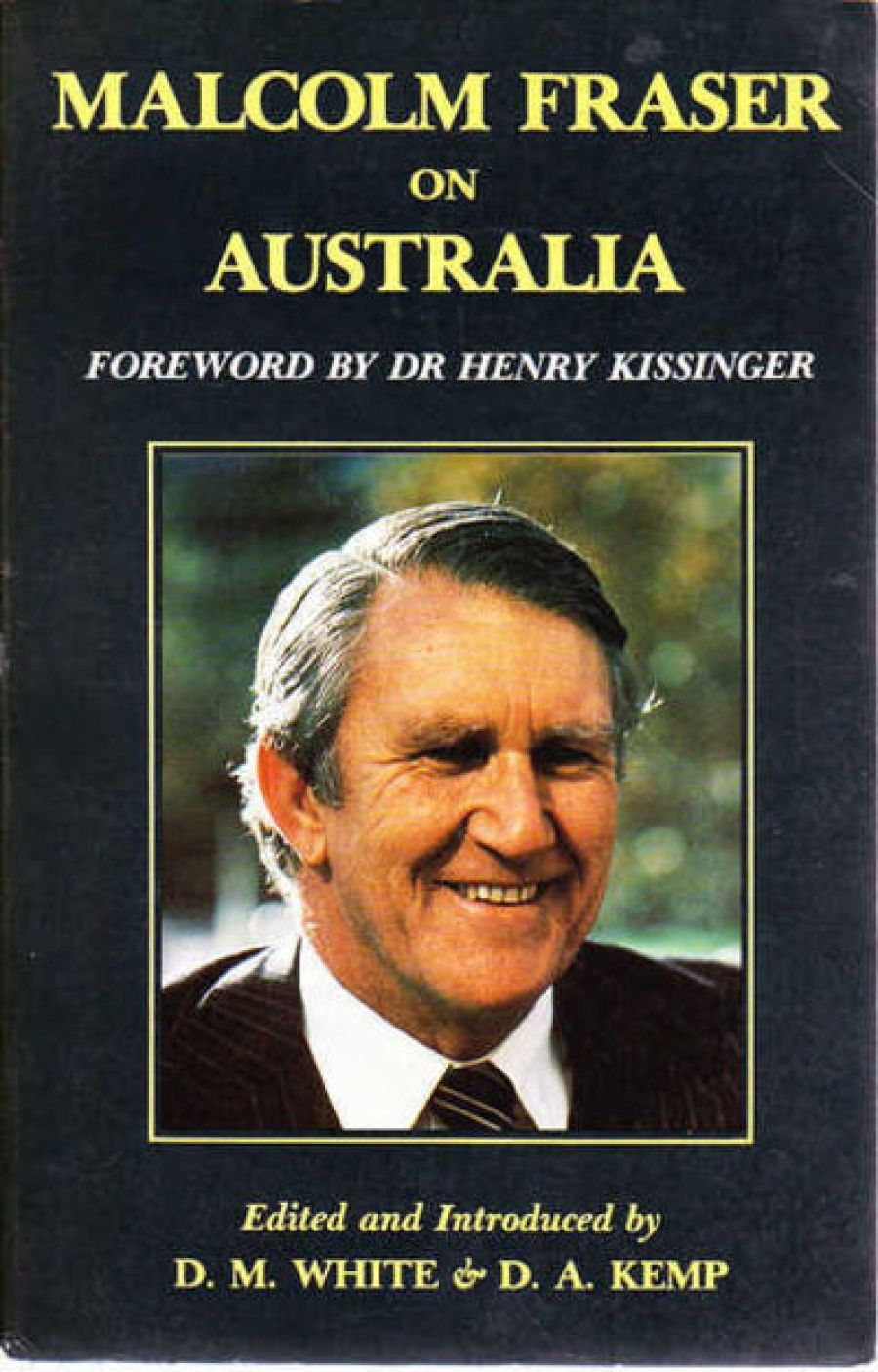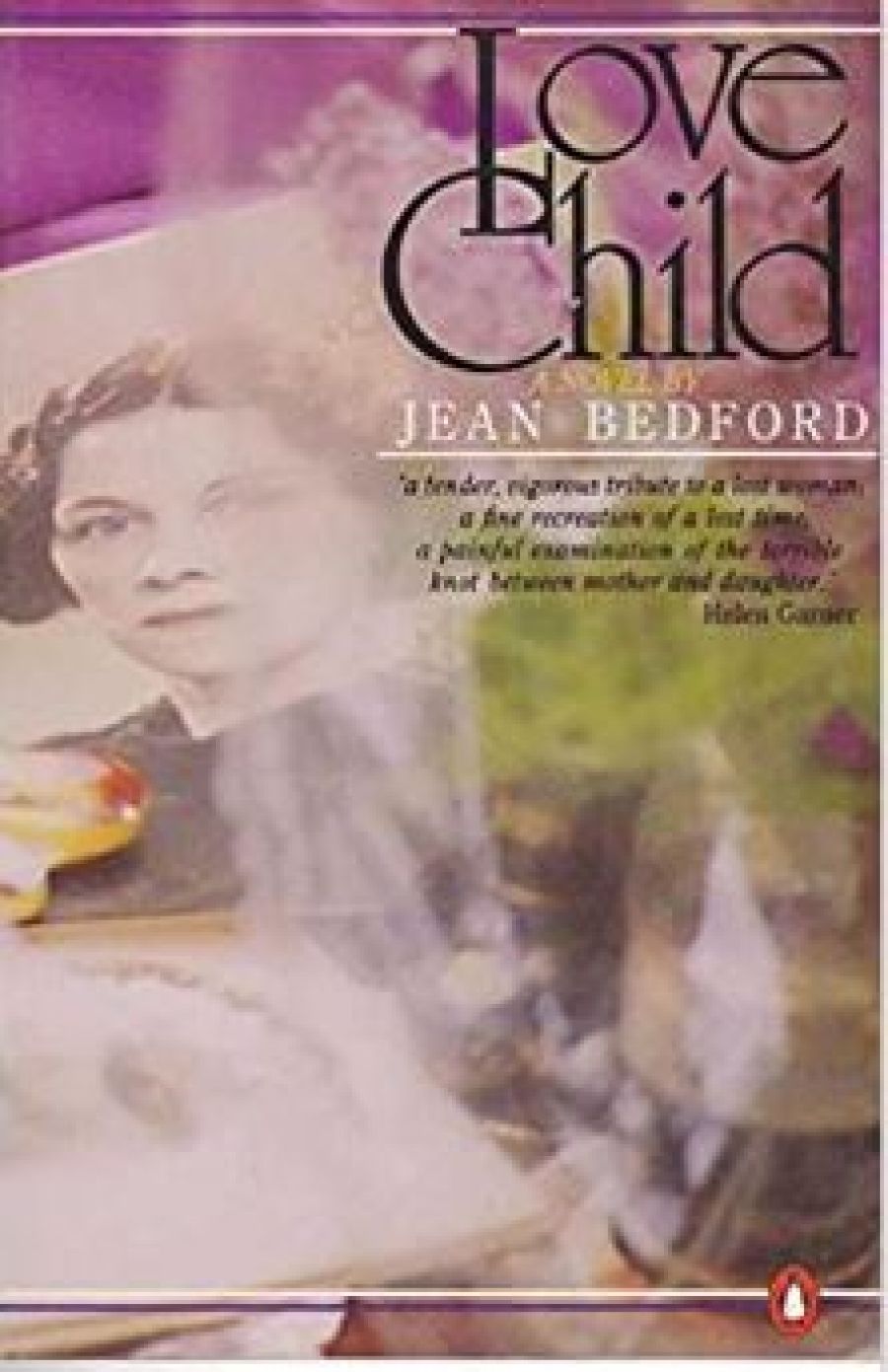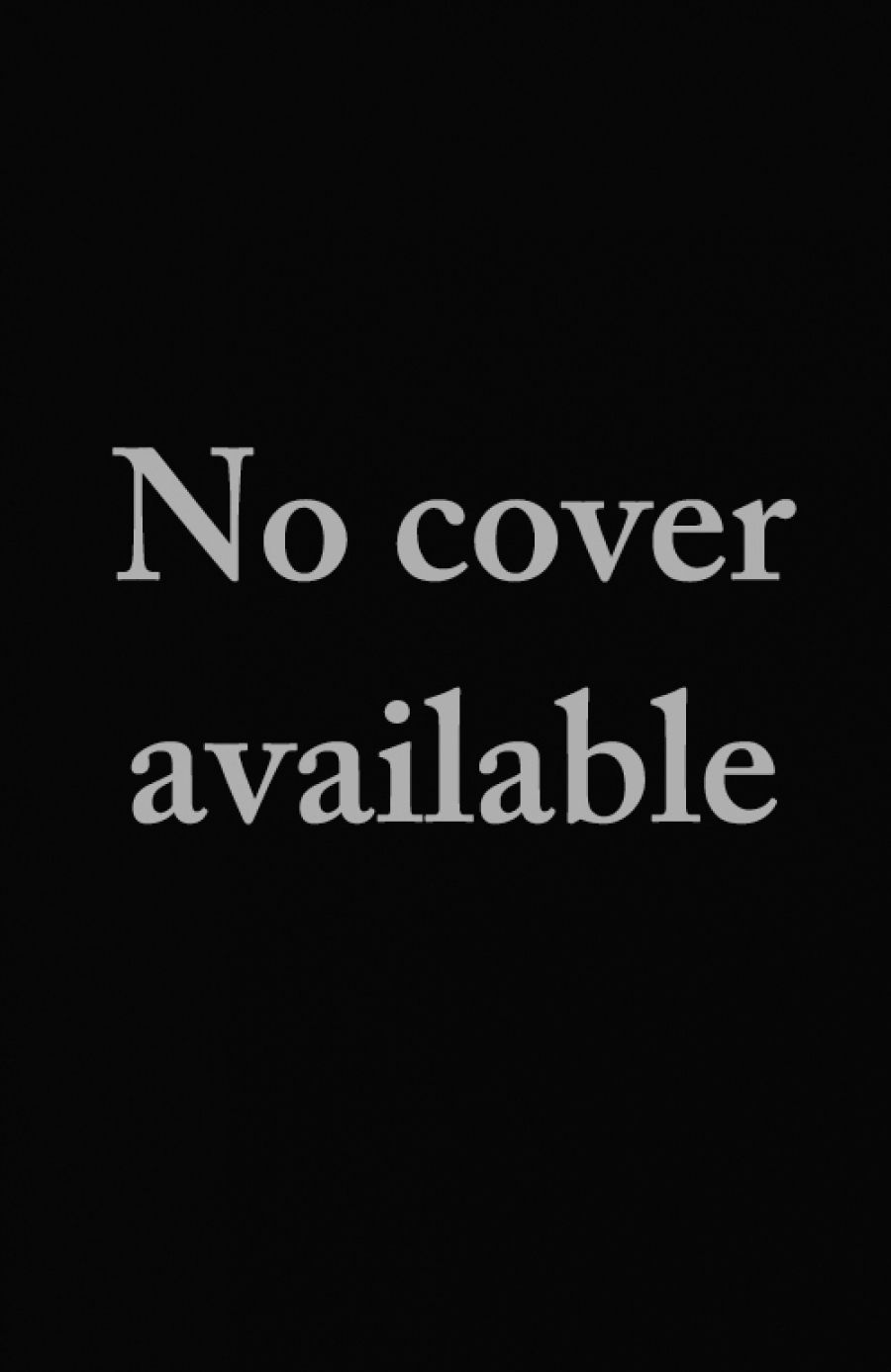
- Free Article: No
- Contents Category: Politics
- Review Article: Yes
- Online Only: No
- Custom Highlight Text:
The official myth of the relationship between the elected political leaders and the bureaucrats charged with the administration of their decisions has been that it is for the politicians to set the ends, choose the values, and for the bureaucrats to advise on the means for the implementation of those values. The bureaucratic advice is to be objective and impartial as bureaucrats are there to serve governments committed to very different political values. But the myth has not always fitted the reality; facts and values are not so easily distinguished. James Walter in The Ministers’ Minders: Personal advisers in national government documents the emergence of a new political role in Western parliamentary democracies from this inevitable gap between the administrative and executive arms of government; and he explores the implication of this both for traditional ways of understanding political decision-making, and the range of role options open to political activists.
- Book 1 Title: The Ministers’ Minders
- Book 1 Subtitle: Personal advisers in national government
- Book 1 Biblio: Oxford University Press, 237 pp, $25.00 hb
The official myth of the relationship between the elected political leaders and the bureaucrats charged with the administration of their decisions has been that it is for the politicians to set the ends, choose the values, and for the bureaucrats to advise on the means for the implementation of those values. The bureaucratic advice is to be objective and impartial as bureaucrats are there to serve governments committed to very different political values. But the myth has not always fitted the reality; facts and values are not so easily distinguished. James Walter in The Ministers’ Minders: Personal advisers in national government documents the emergence of a new political role in Western parliamentary democracies from this inevitable gap between the administrative and executive arms of government; and he explores the implication of this both for traditional ways of understanding political decision-making, and the range of role options open to political activists.
Much of the impetus for the emergence of political advisers has come from the conviction of reforming governments (like Wilson’s Labour government in Britain or Whitlam’s in Australia) that the bureaucrats are unsympathetic and obstructive to their policy initiatives. The problem, Walter argues, is not so much one of particular bureaucrats’ conscious political commitment as the organisational interests of the bureaucracy itself: ‘Bureaucratic organisation and the methods appropriate to it inevitably entail limited responses to political demands.’


